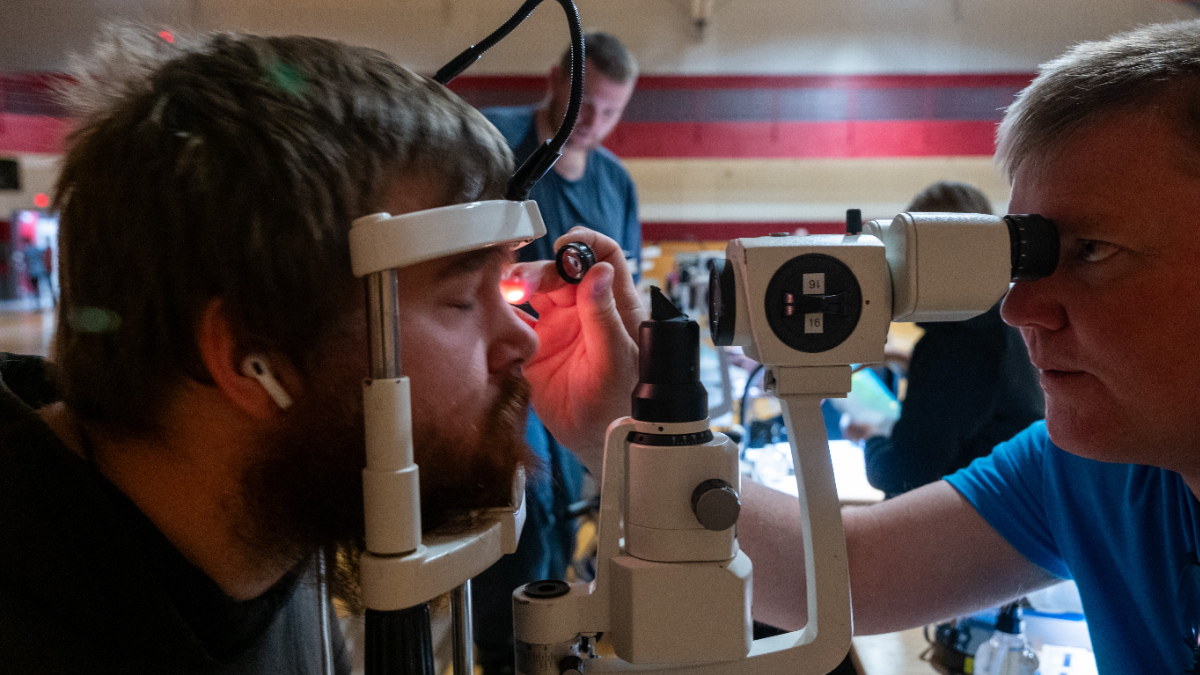
Thousands of people are only now realizing that when someone says they can “picture” something in their head, they mean it literally. This shocking discovery has led to the realization that they are completely missing this ability. You heard that right: for a huge number of people, the ability to conjure an image, a face, a scene, or a sunset, in the mind’s eye simply doesn’t exist, which is a condition that’s now been scientifically dubbed aphantasia.
This is blowing people’s minds, and as one artist, Isabel Nolan, who recently discovered her condition, put it: “There was an element of like—fuck! is the only way I can put it. Horrified and cheated. I still feel a bit cheated.” For those of us who can picture a friend’s face or a childhood bedroom when we close our eyes, it’s hard to imagine life without it. But for aphantasics, they’ve always just assumed that phrases like “seeing in your mind’s eye” were nothing more than a metaphor or colorful exaggeration, according to the New Yorker.
This was the case for Nick Watkins, a physicist who was thirty-five years old back in 1997 when he read a column describing the literal, sensory experience of reliving a memory. It was an astonishing revelation for him; he had a Ph.D. in physics, so his mind was clearly working reasonably well, yet the most common method of recalling the past was entirely alien to him.
Picturing things in your mind doesn’t work for everyone
Nick spent years searching alone for an explanation for what he thought was an odd, personal quirk. It wasn’t until much later that his condition, and that of thousands of others, was given a name. This came about when a Scottish surveyor in his sixties, Jim Campbell, went to a neurologist named Adam Zeman because he’d lost his mental imagery after a cardiac procedure. Dr. Zeman was fascinated by the syndrome, initially calling it “blind imagination.”
After publishing his initial findings in 2010 and a follow-up paper in 2015, the story took off in the news. And I honestly can’t believe how fast it is; the subsequent response to the articles about the condition was night and day compared to Nick’s lonely search. Zeman received around seventeen thousand emails from people who had experienced the same shocking realization that they, too, had aphantasia, having lived their entire lives unaware that others were having a full-blown mental movie in their heads.
It turns out there’s a whole spectrum of mental imagery. On one end is aphantasia, the complete lack of voluntary mental pictures, affecting about two to three per cent of people. On the other is hyperphantasia, where people have extraordinarily vivid, graphic, and inescapable imagery. Think of it like a computer monitor: most people have a nice, colorful screen, aphantasics have no screen at all, and hyperphantasics have an enormous, high-resolution display that’s always on.
On the bright side, a horror movie scene will never stick with you. However, you can’t even replay any intense movies in your head.
For many who discover they are aphantasic, the realization profoundly affects their view of their own memory and sense of self. Many people with the condition can recall facts and information perfectly fine, a physicist like Nick is proof of that, but their personal memories of their own lives can be hazy, often feeling more like facts they know than experiences they relive.
As artist Isabel Nolan explained, her mind goes completely blank when her eyes are closed: “The world does disappear completely when you close your eyes.” This inability to revisit the past visually seems to be a huge contributor to how one views the world.







